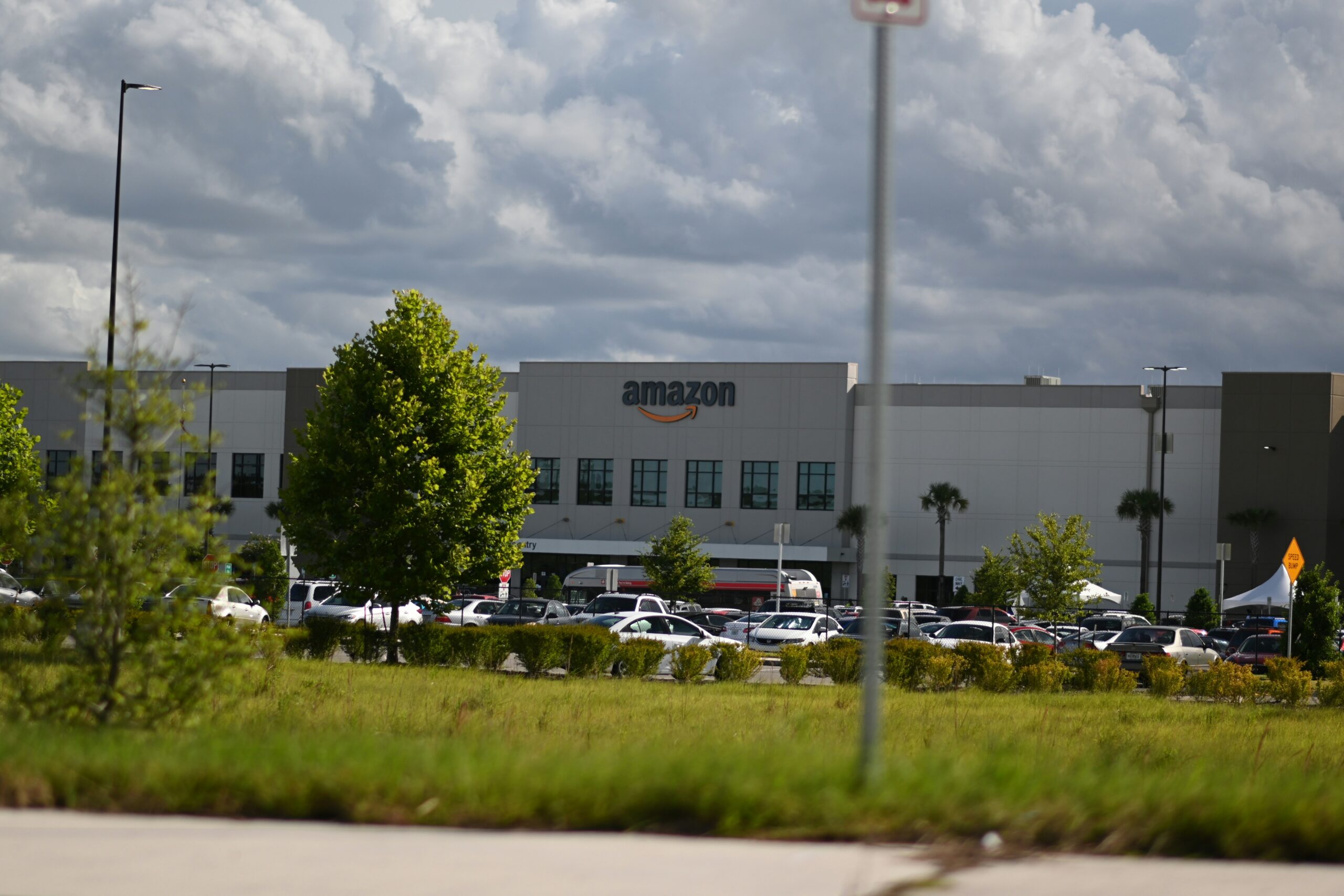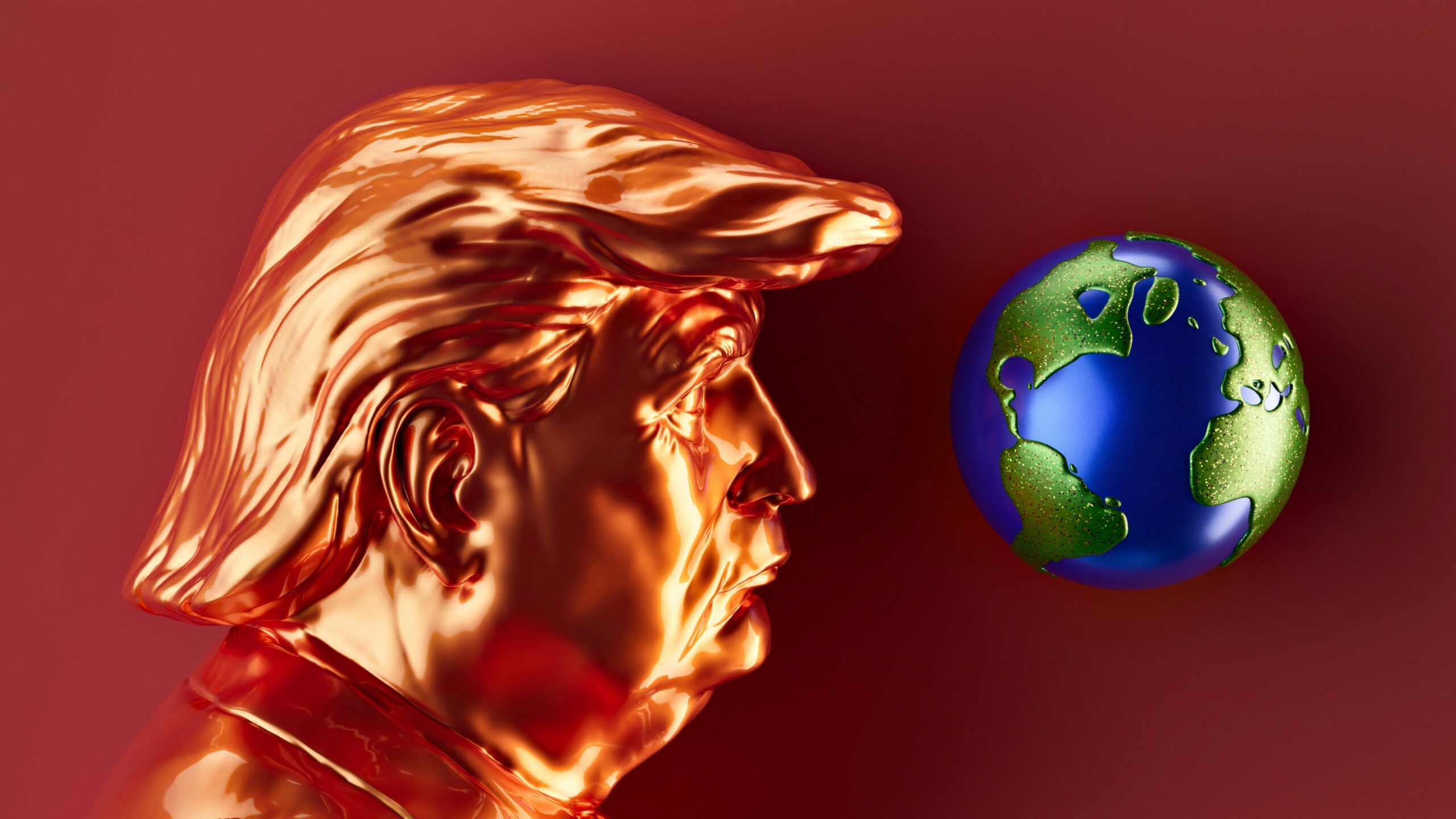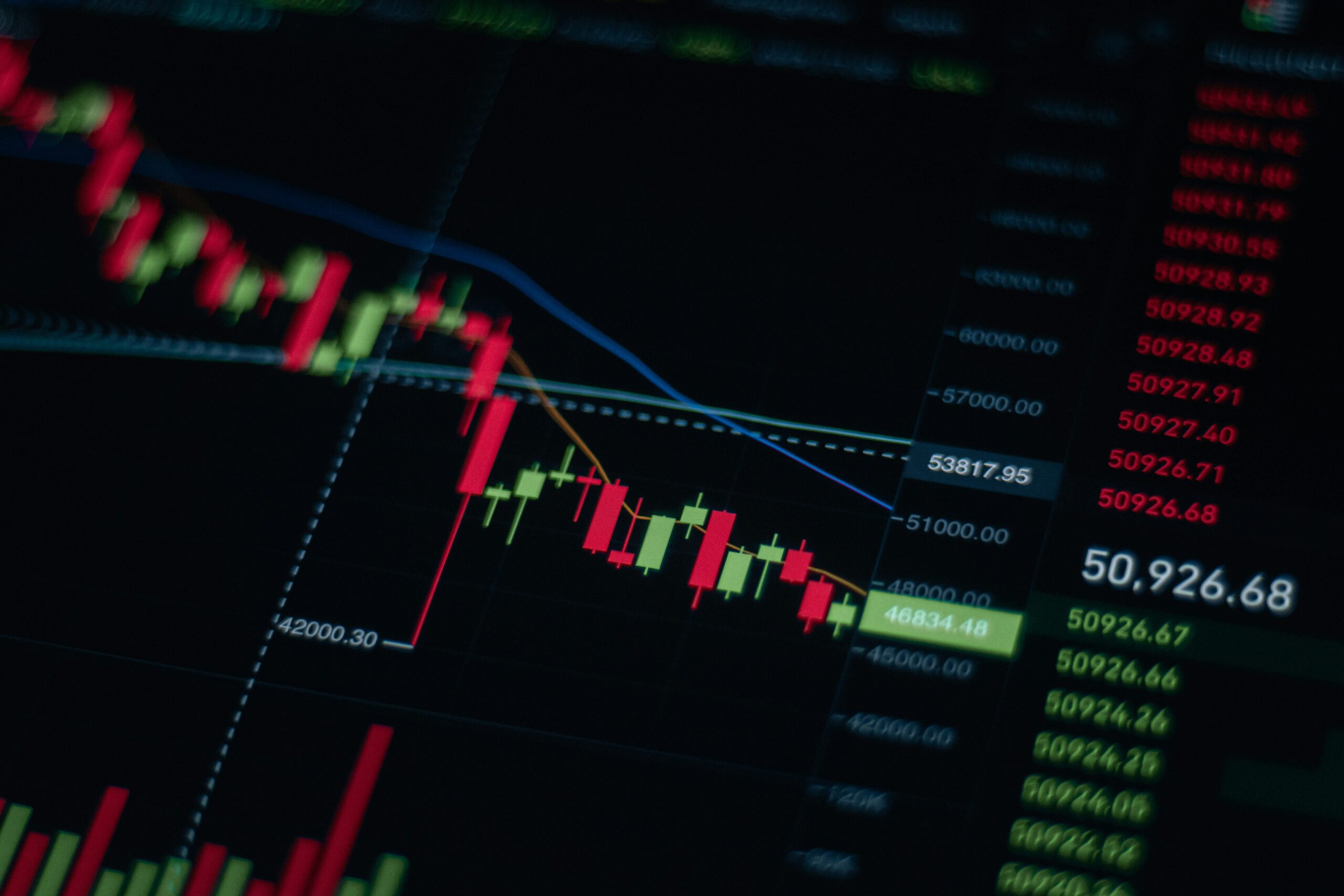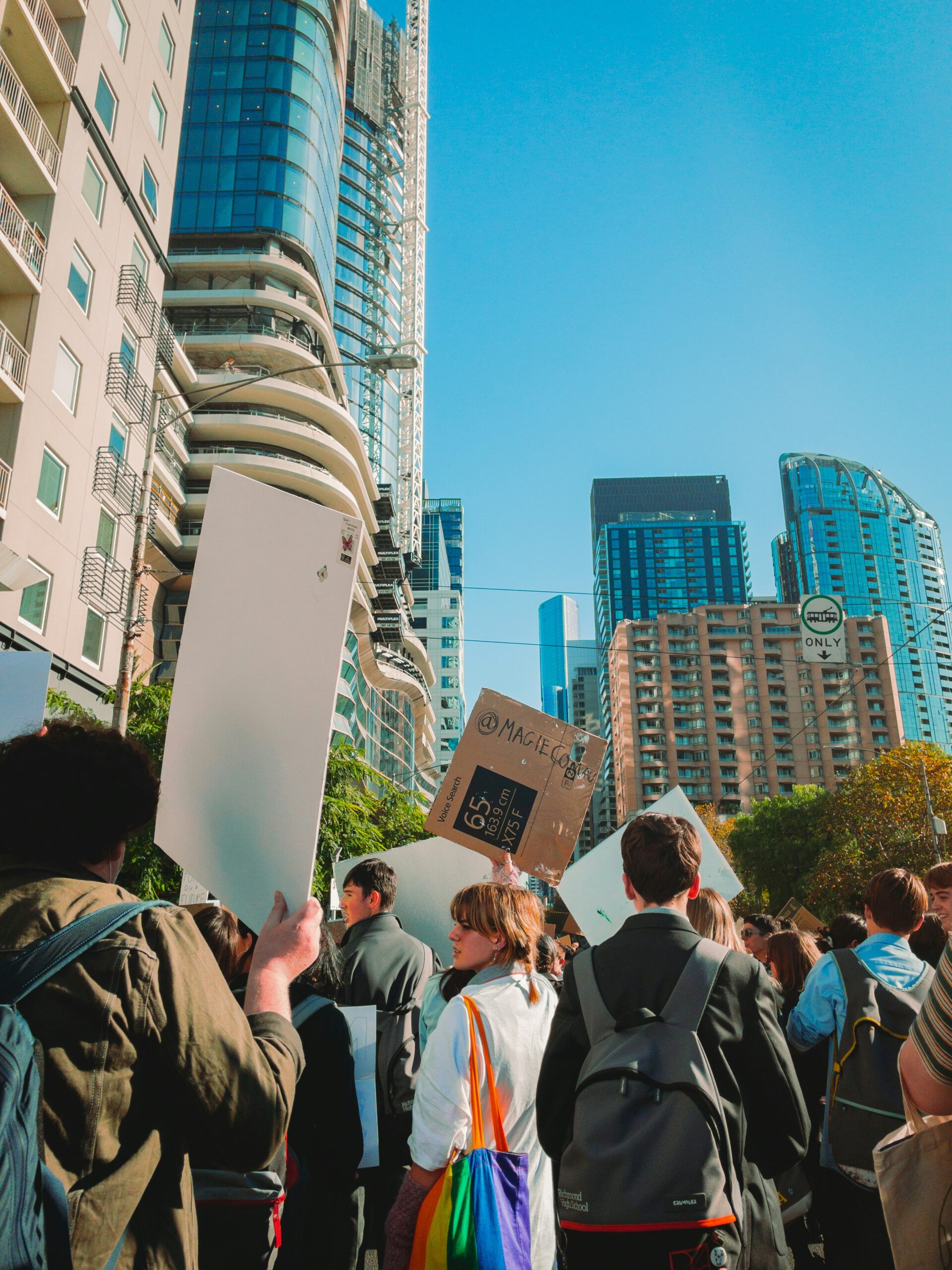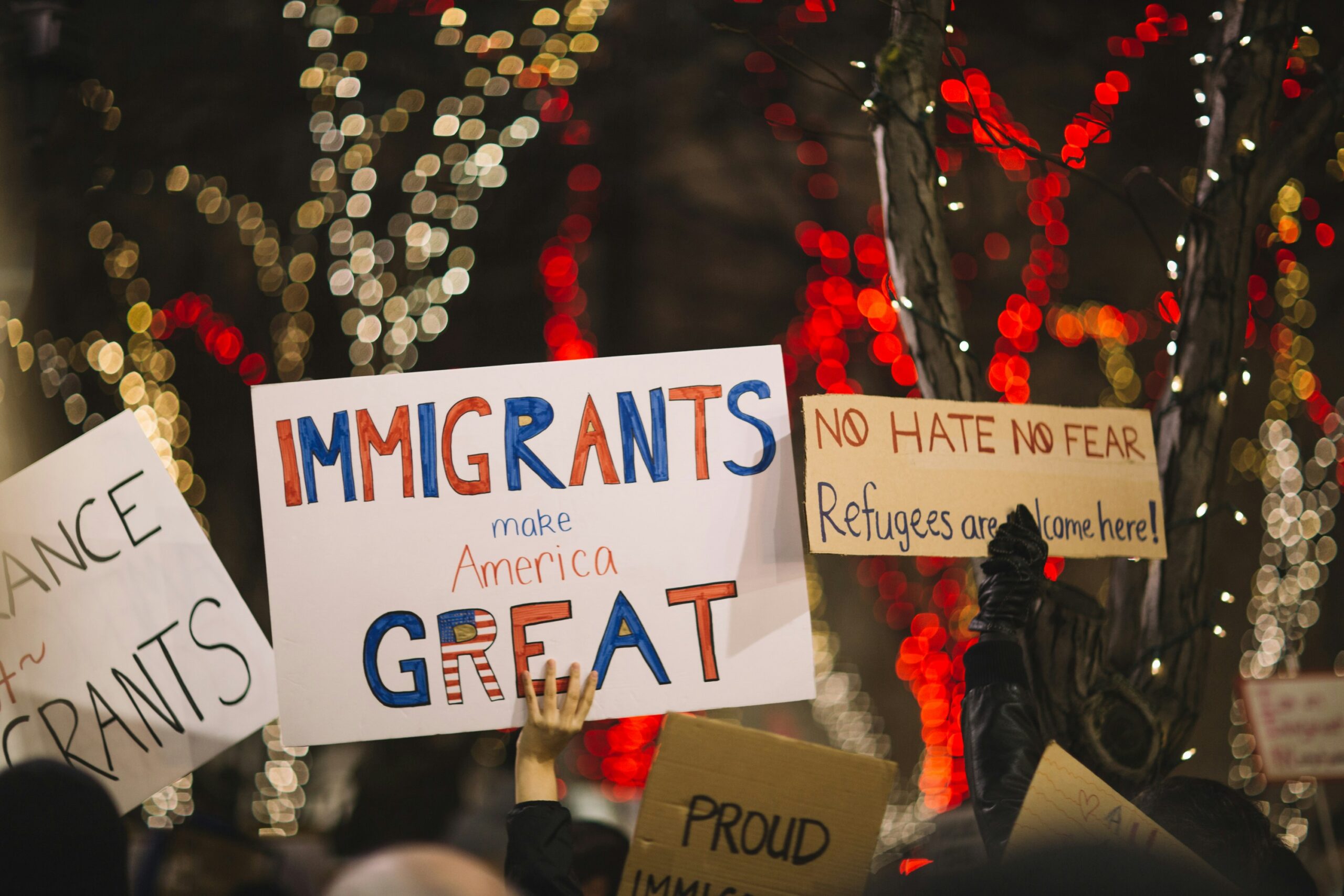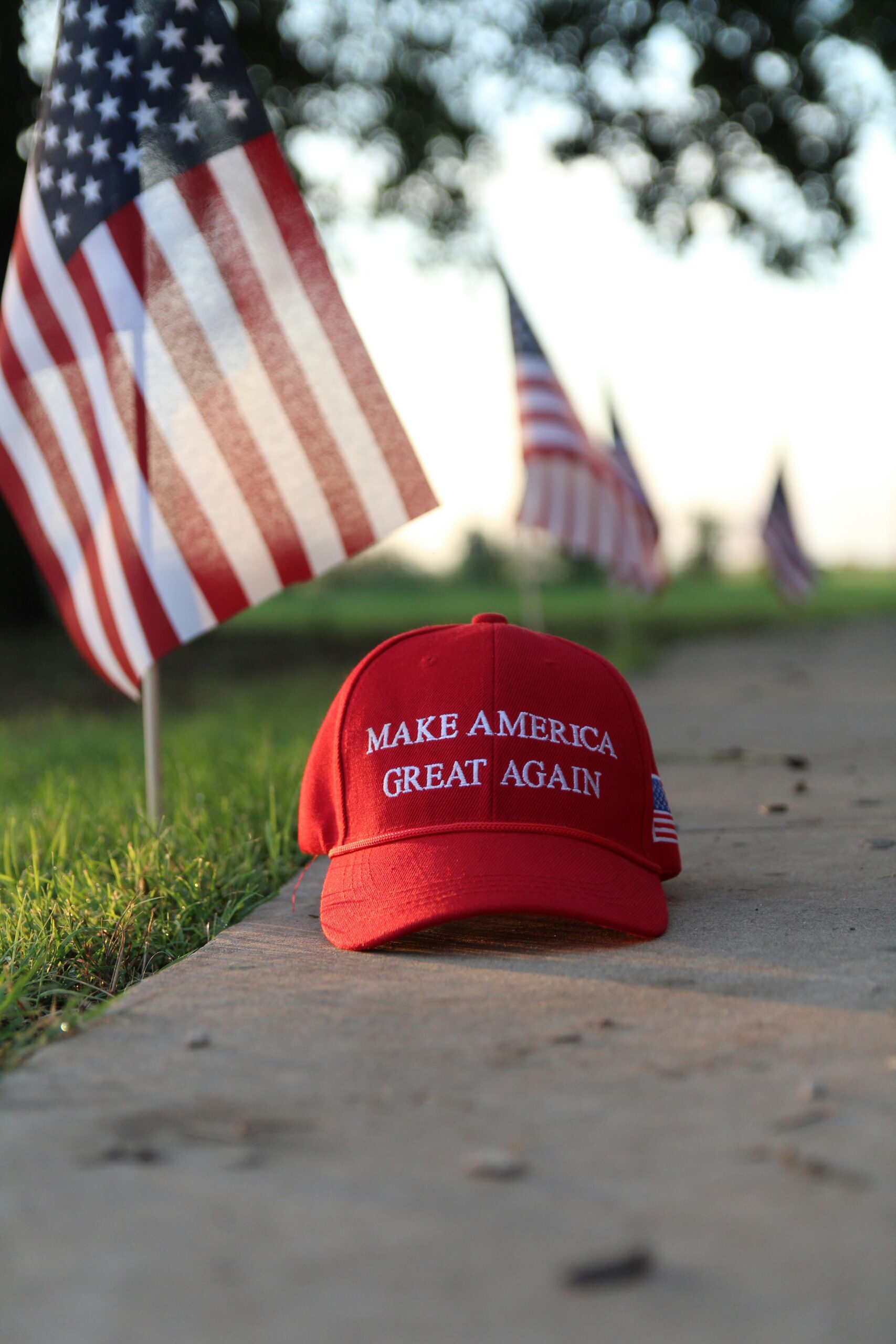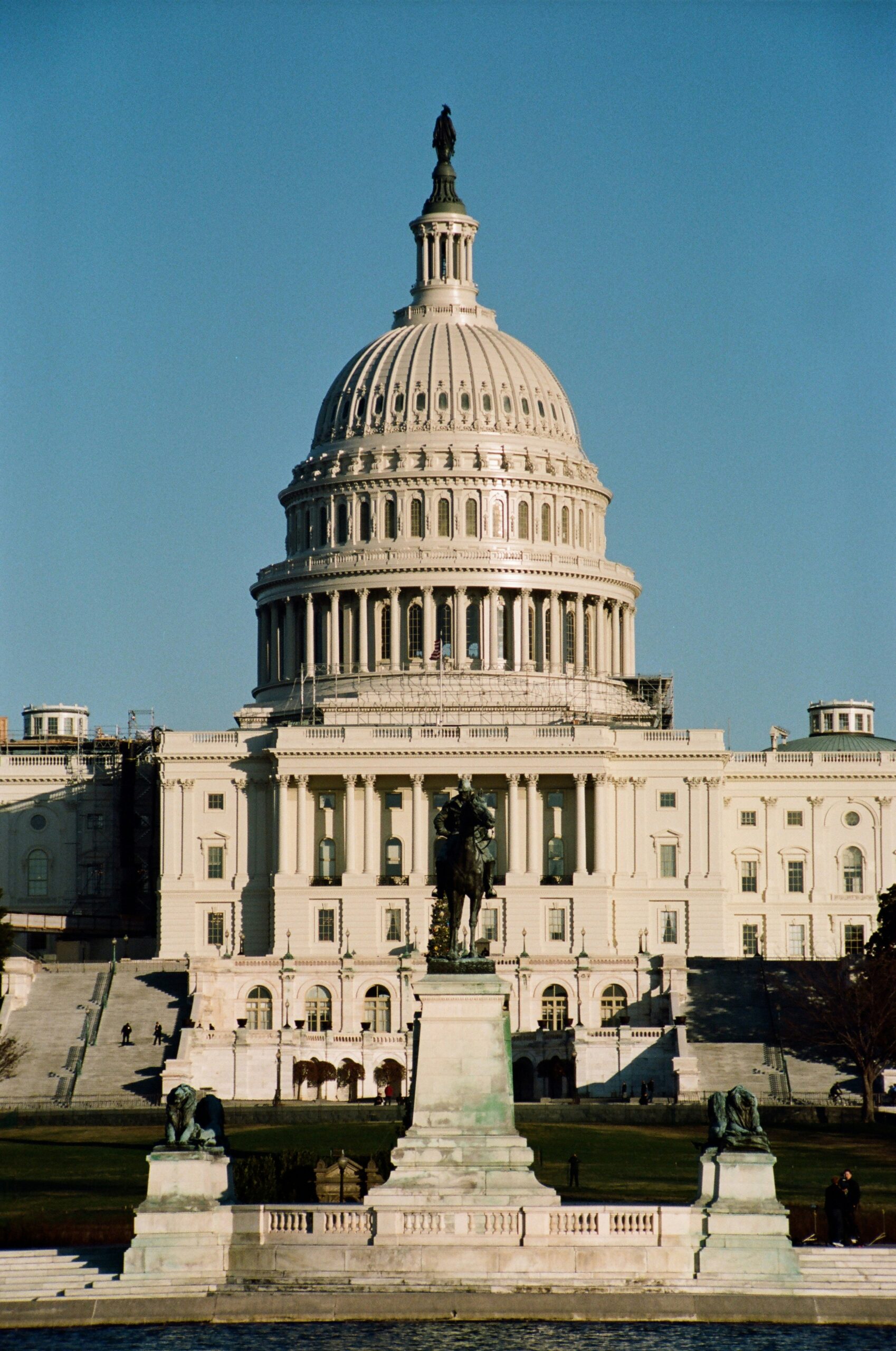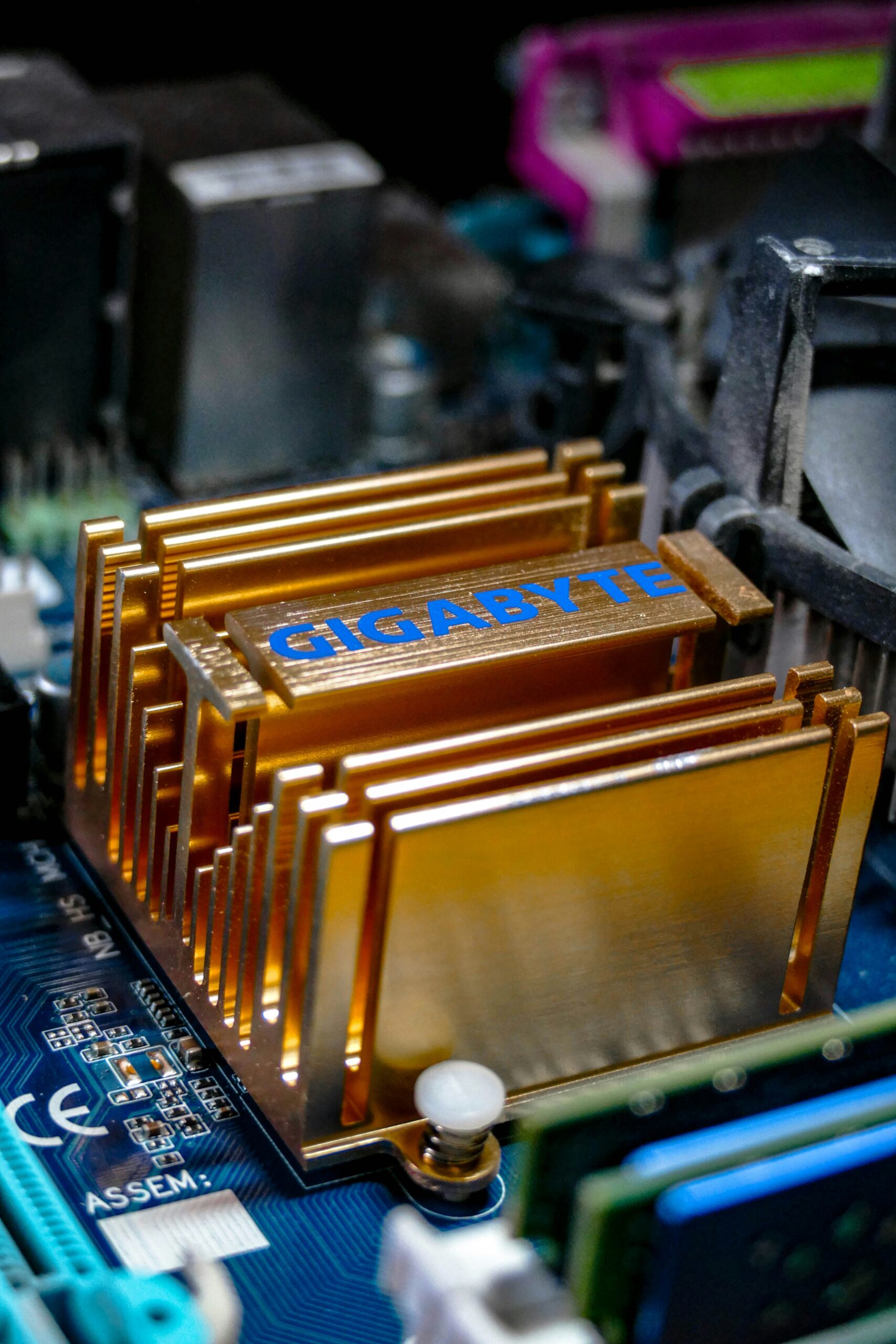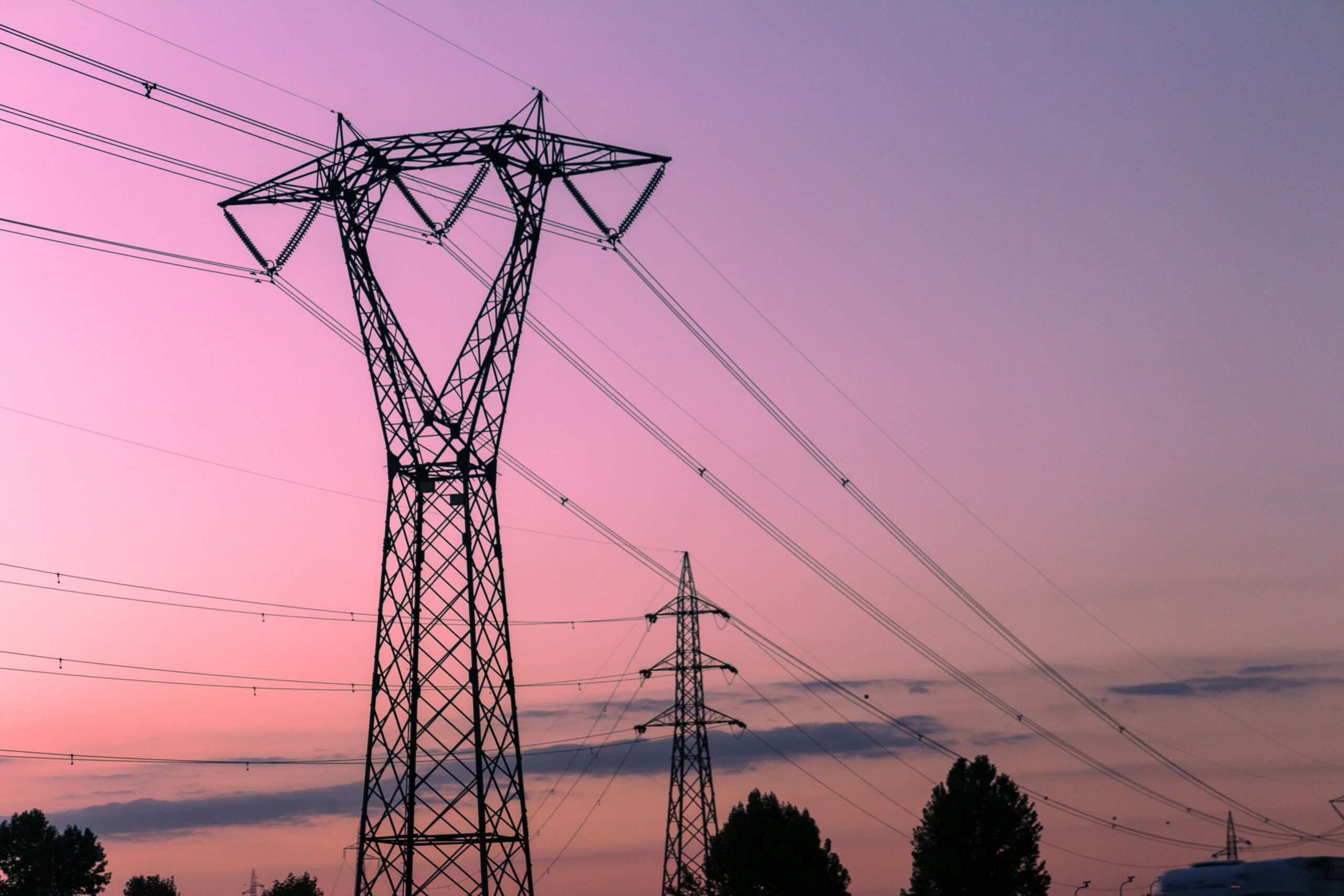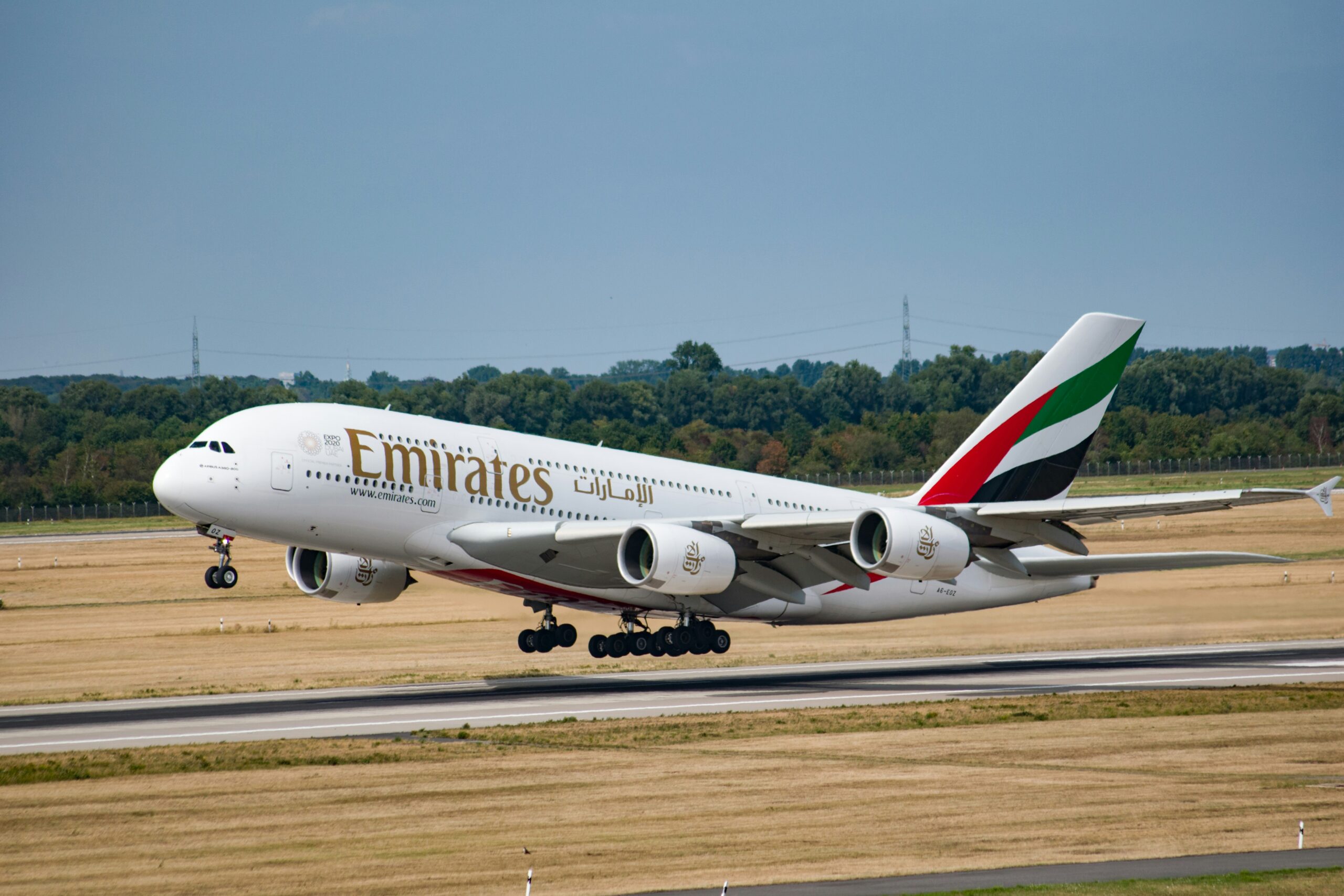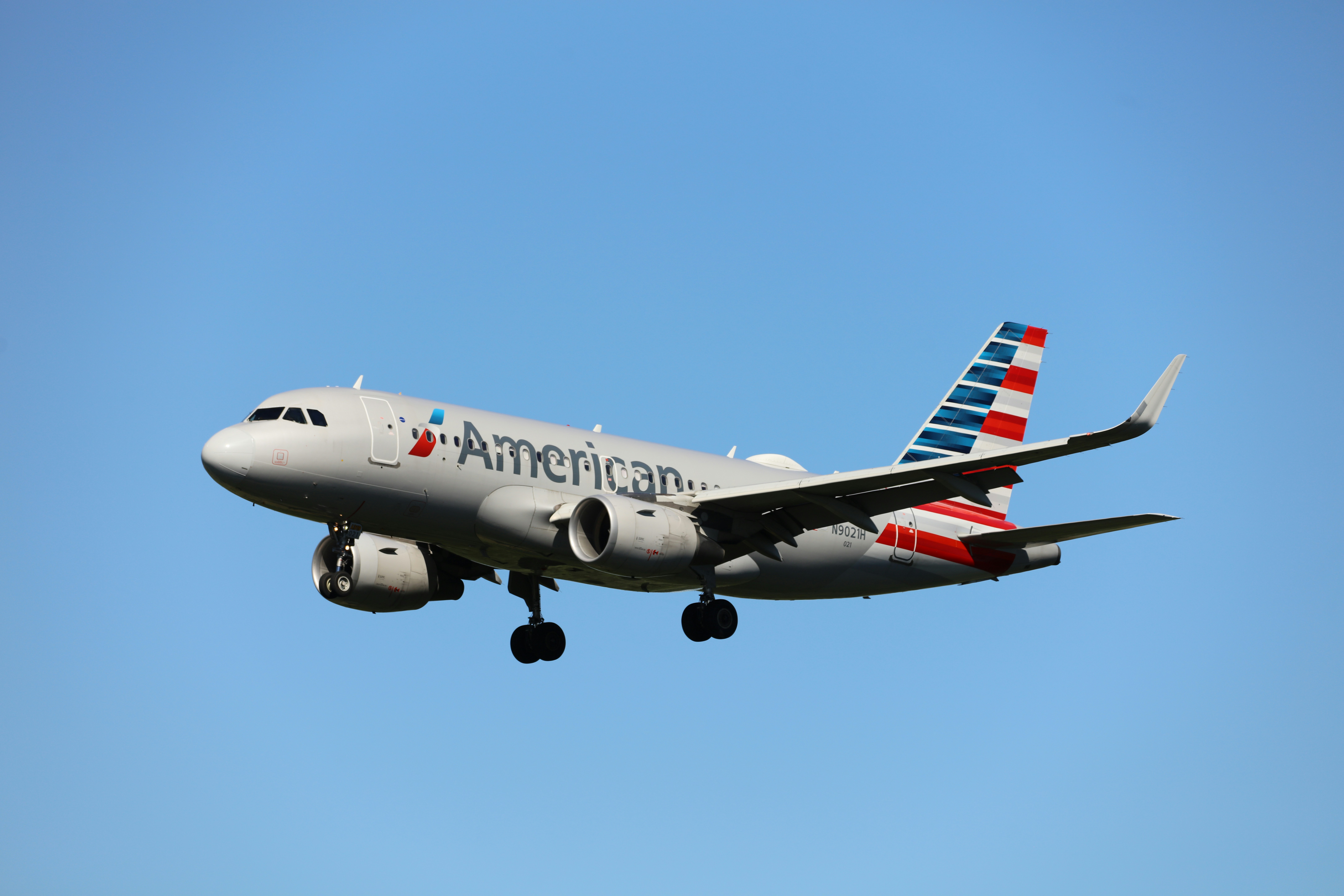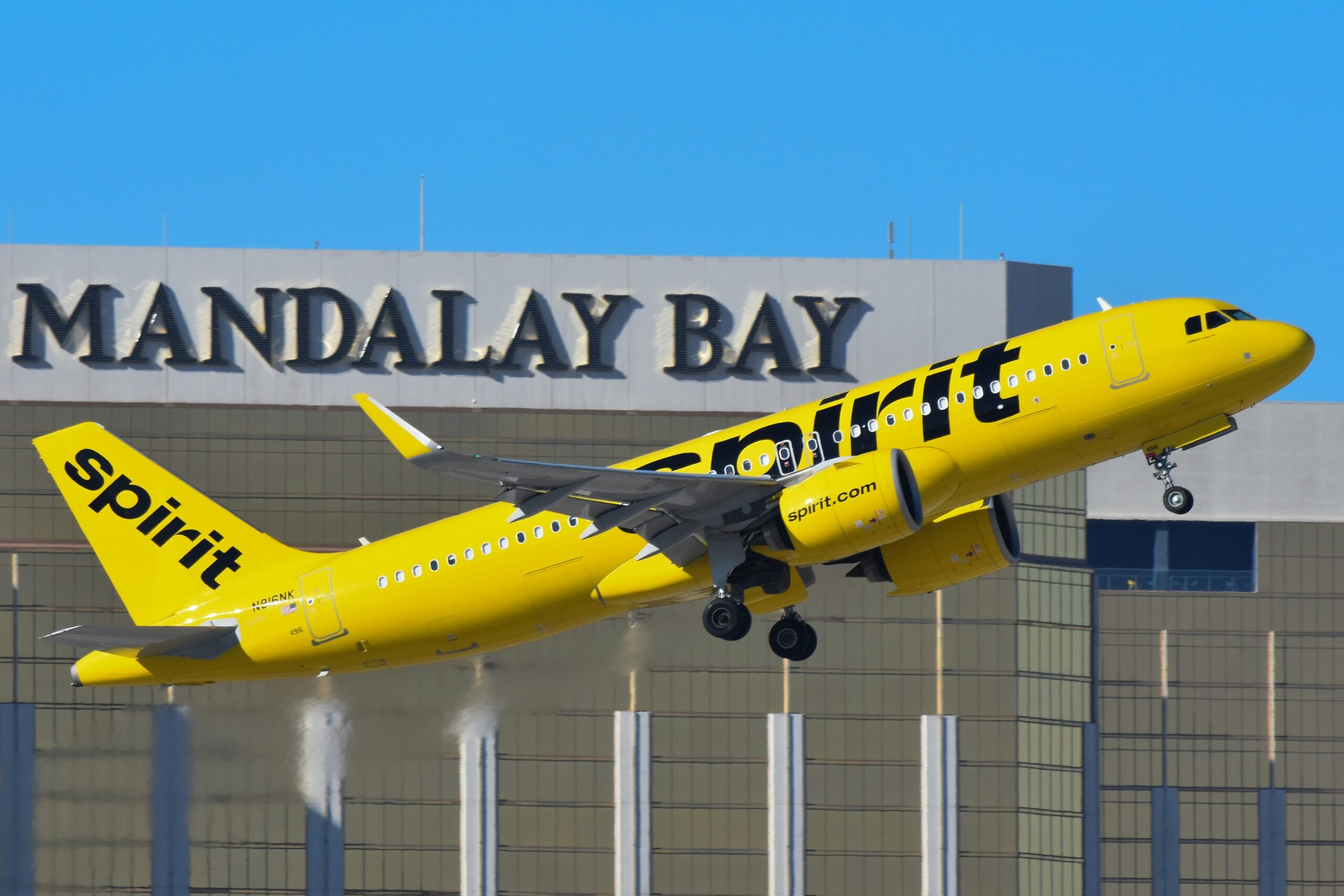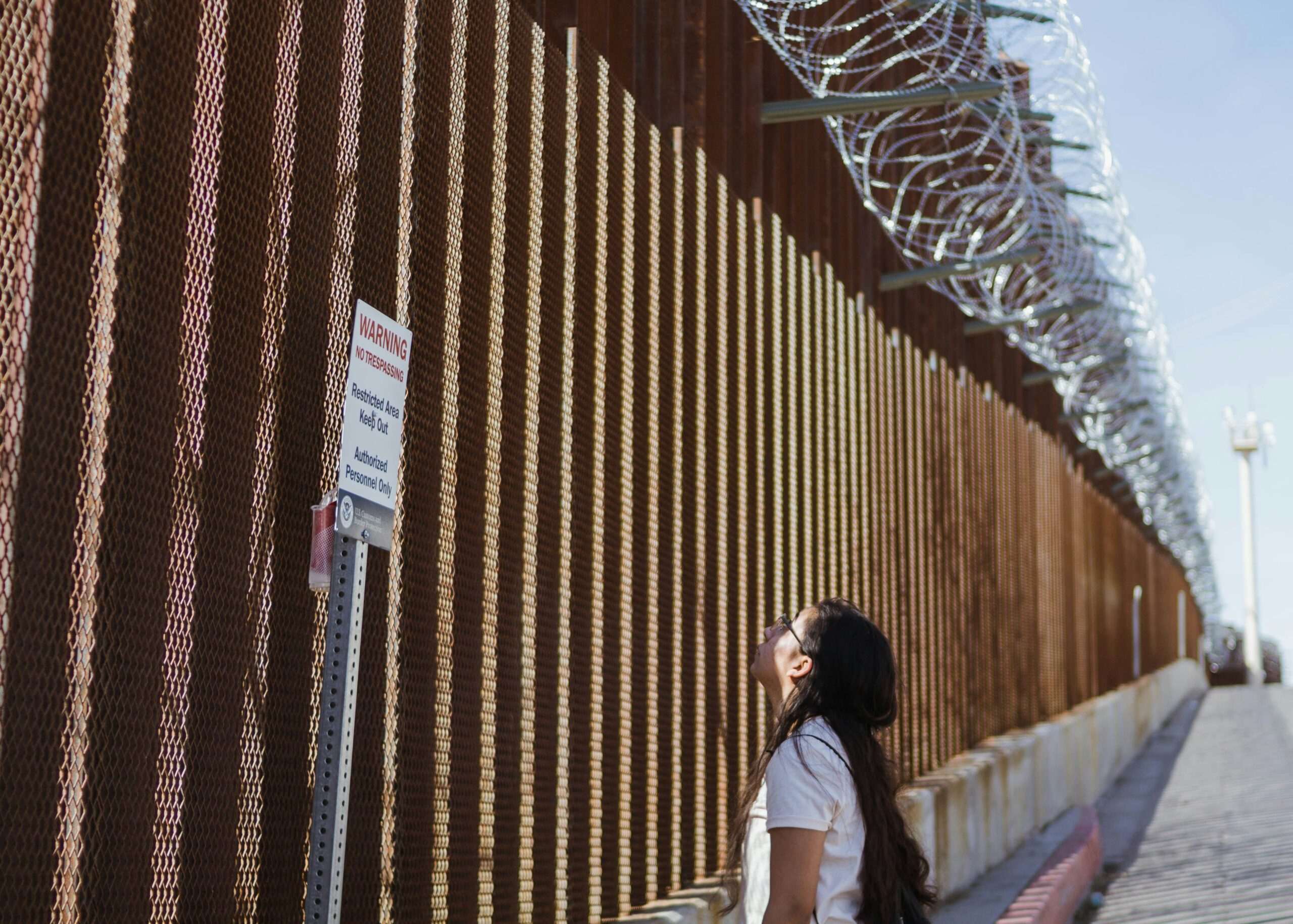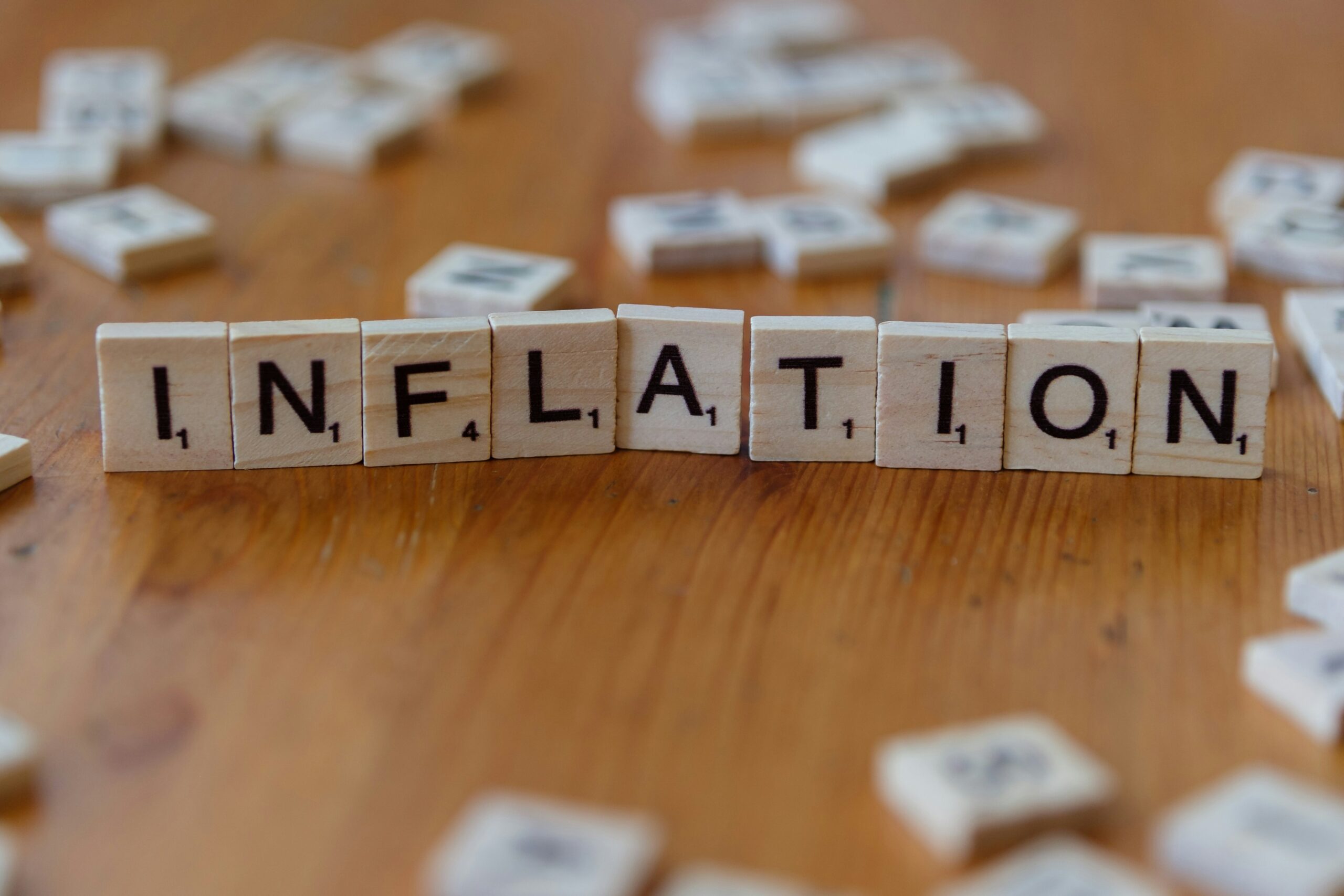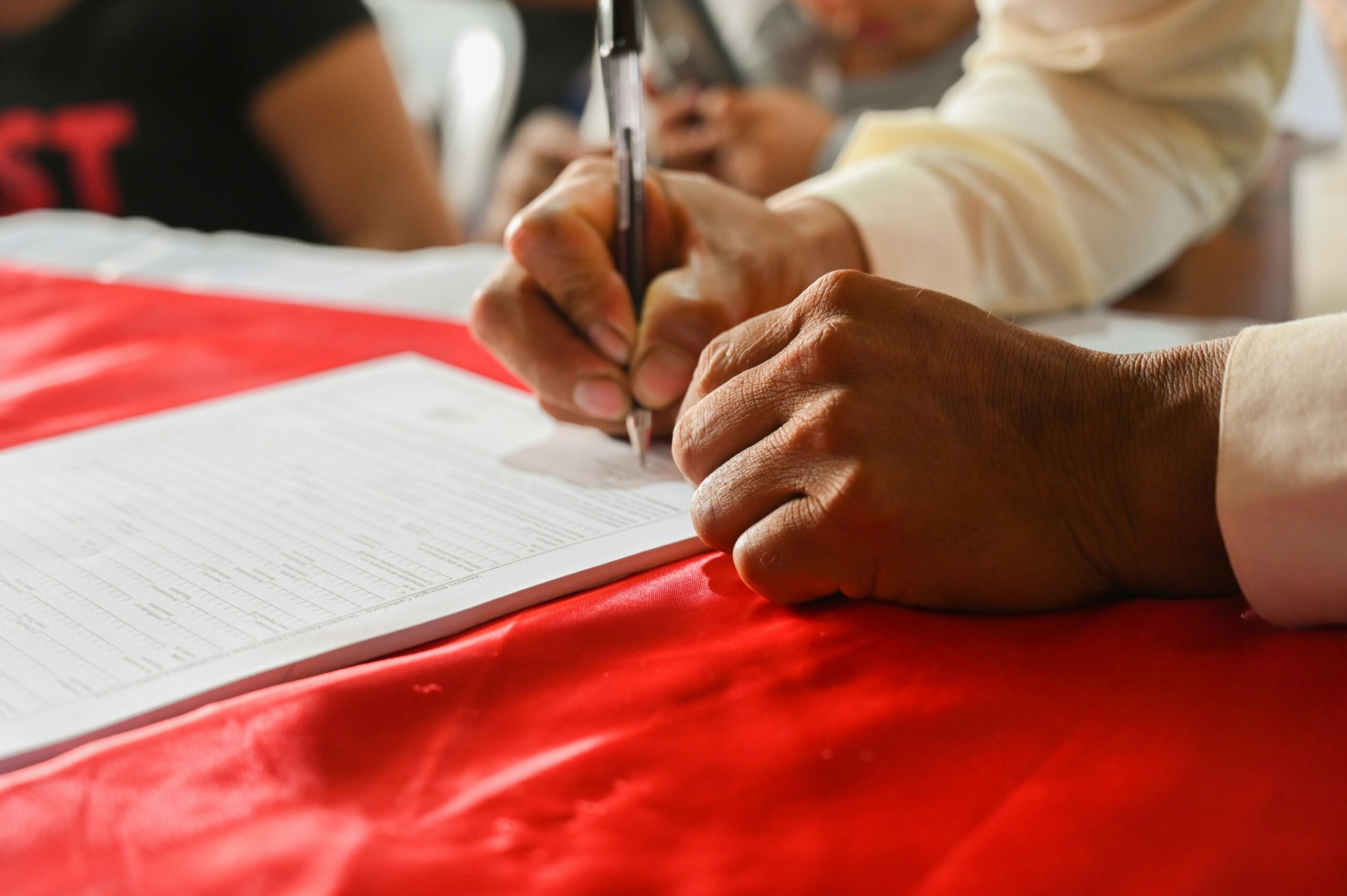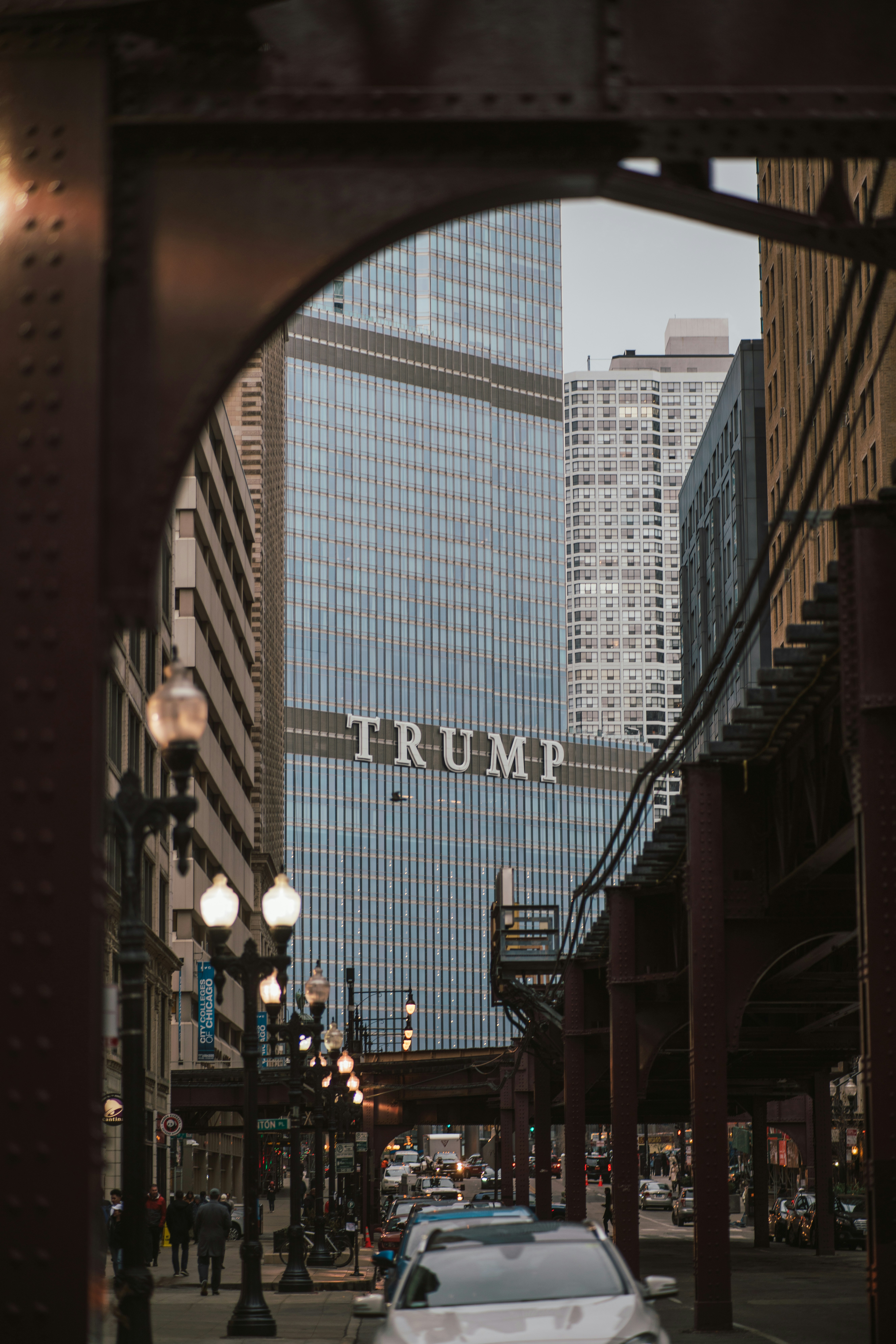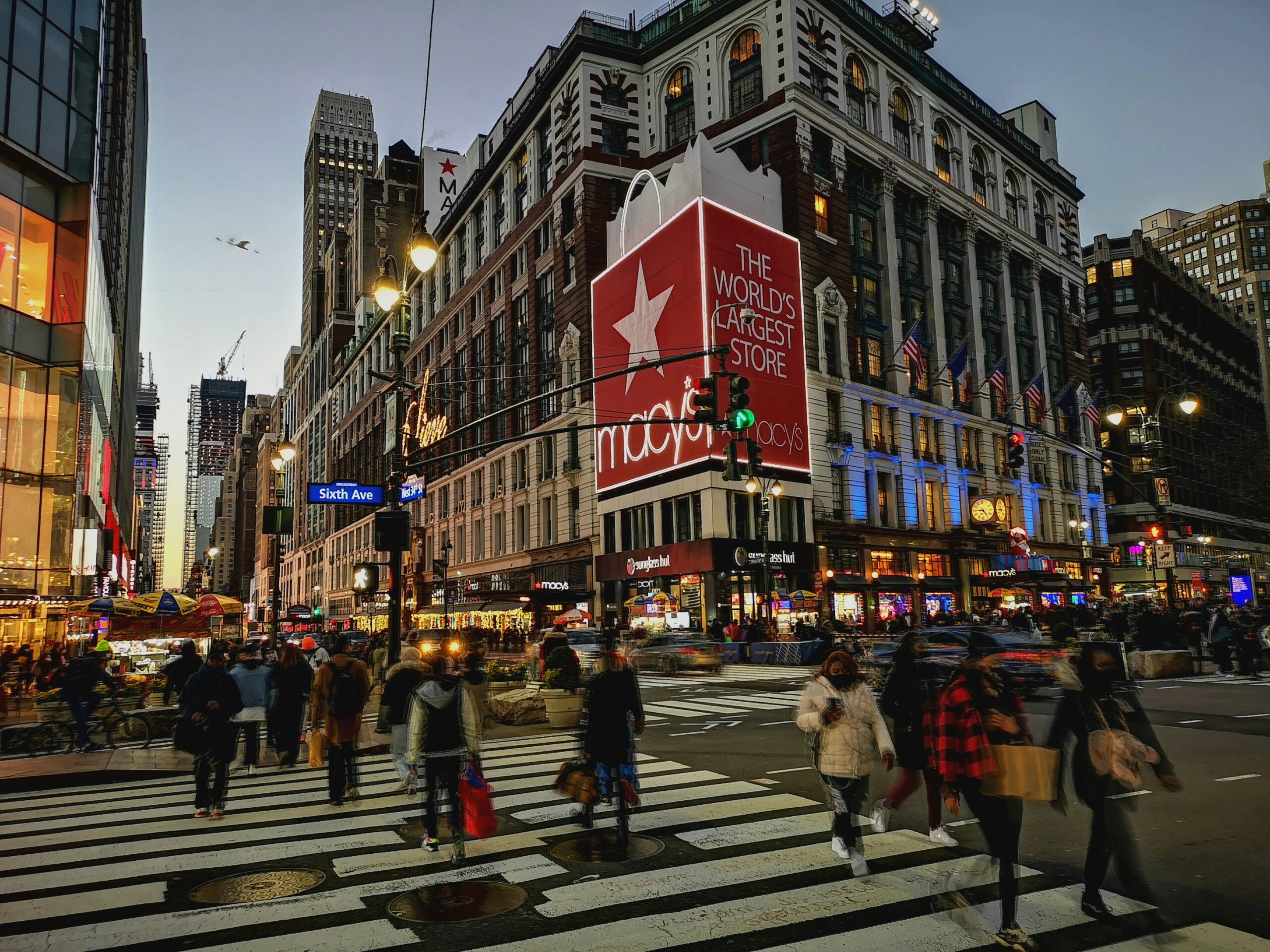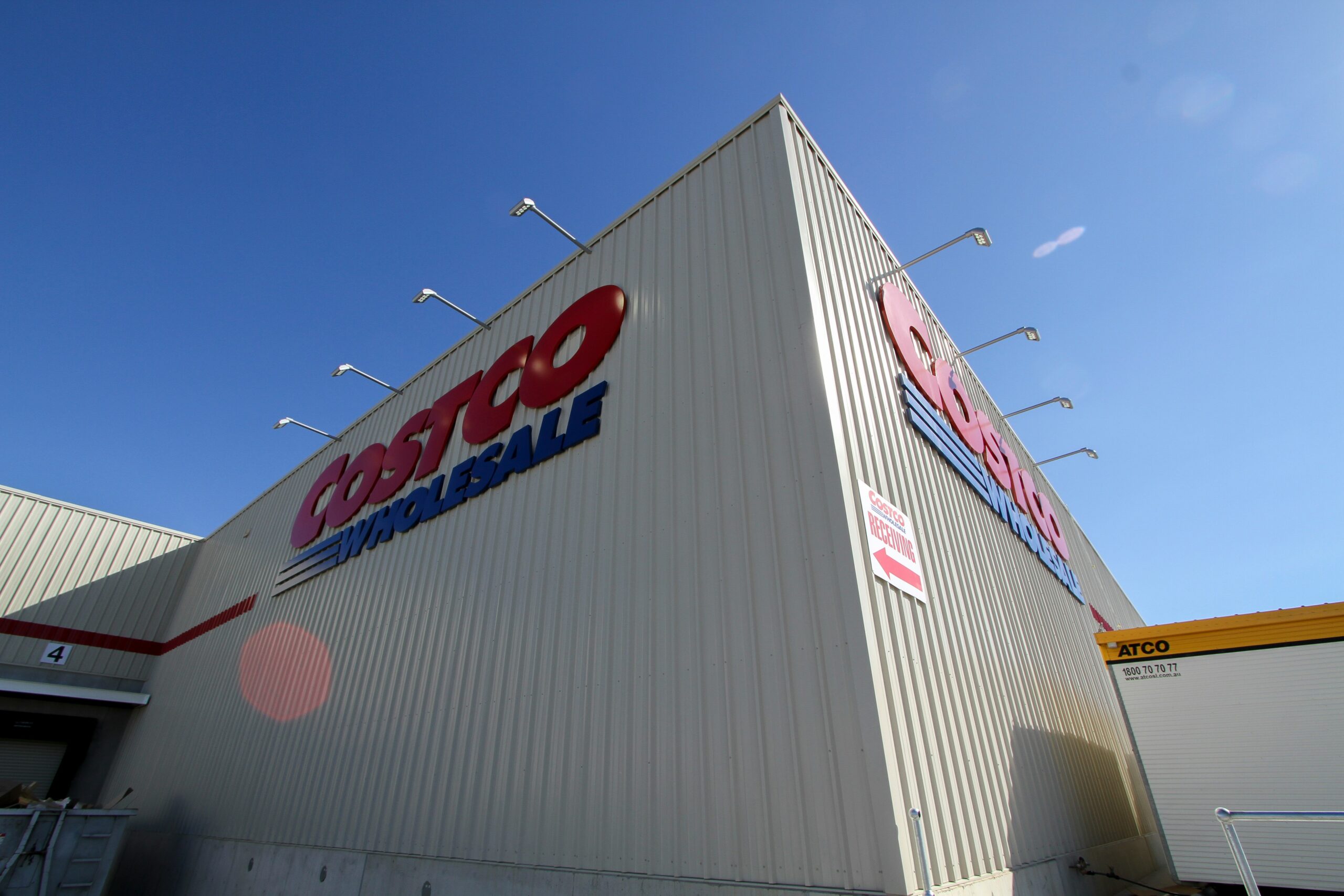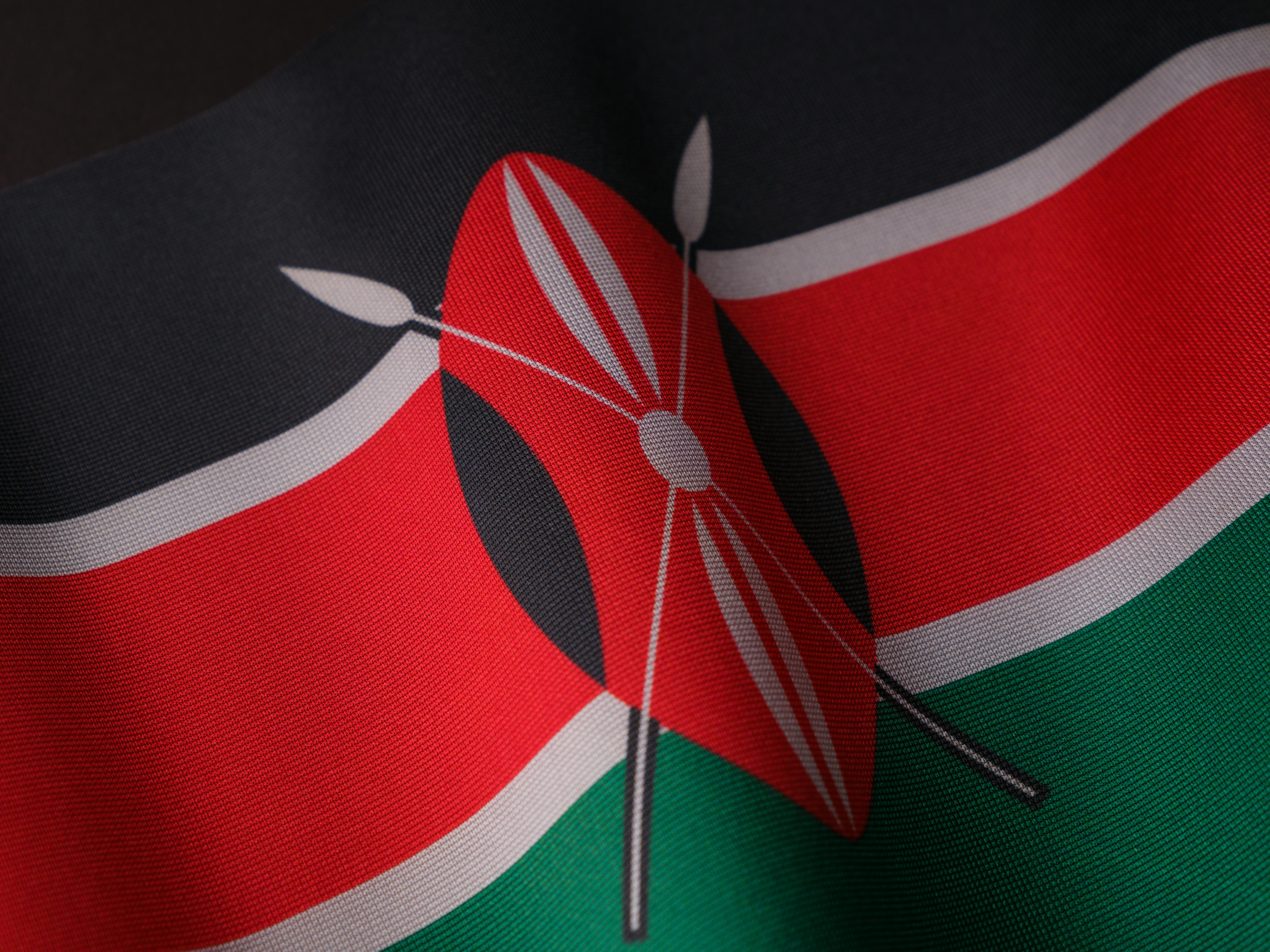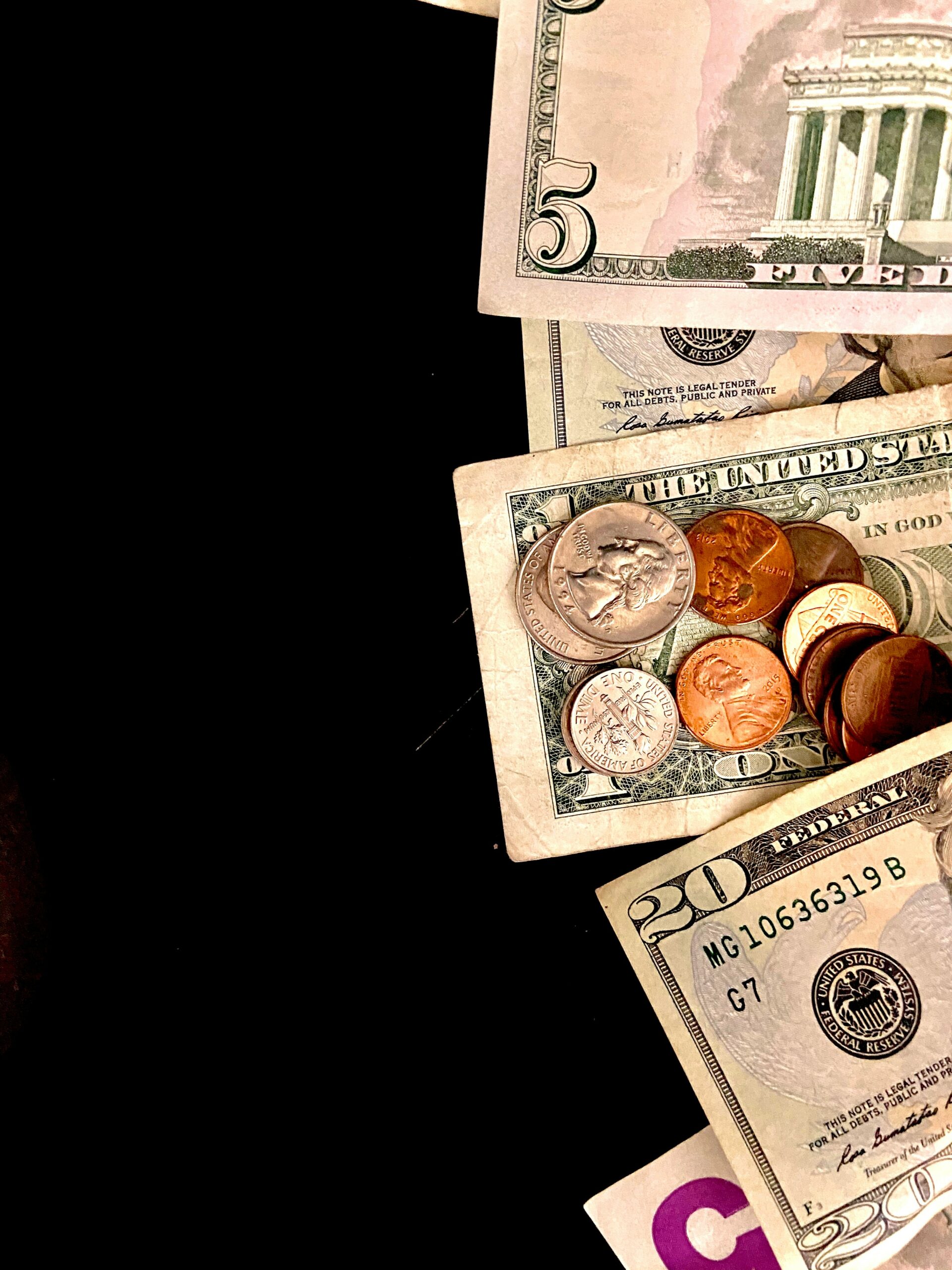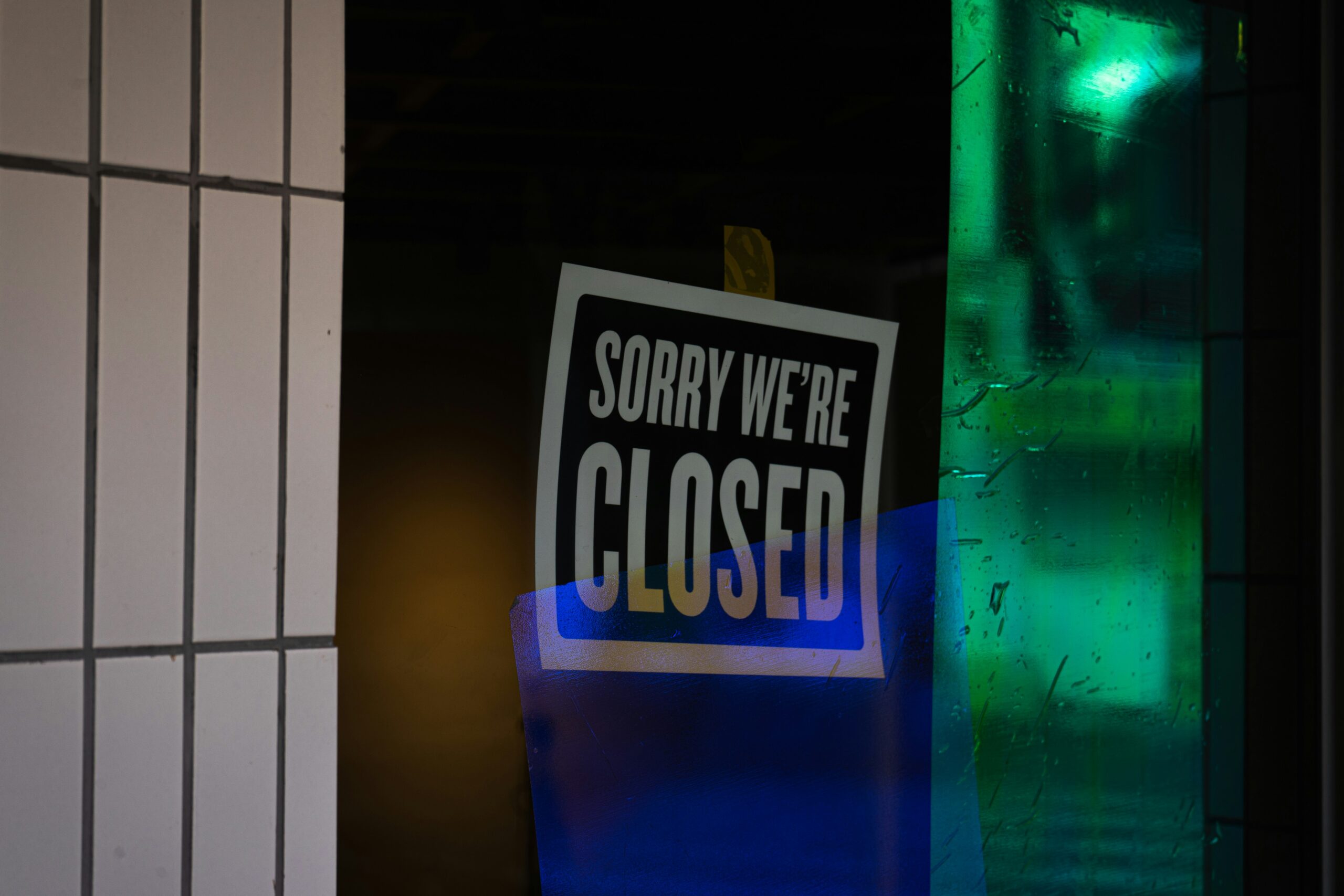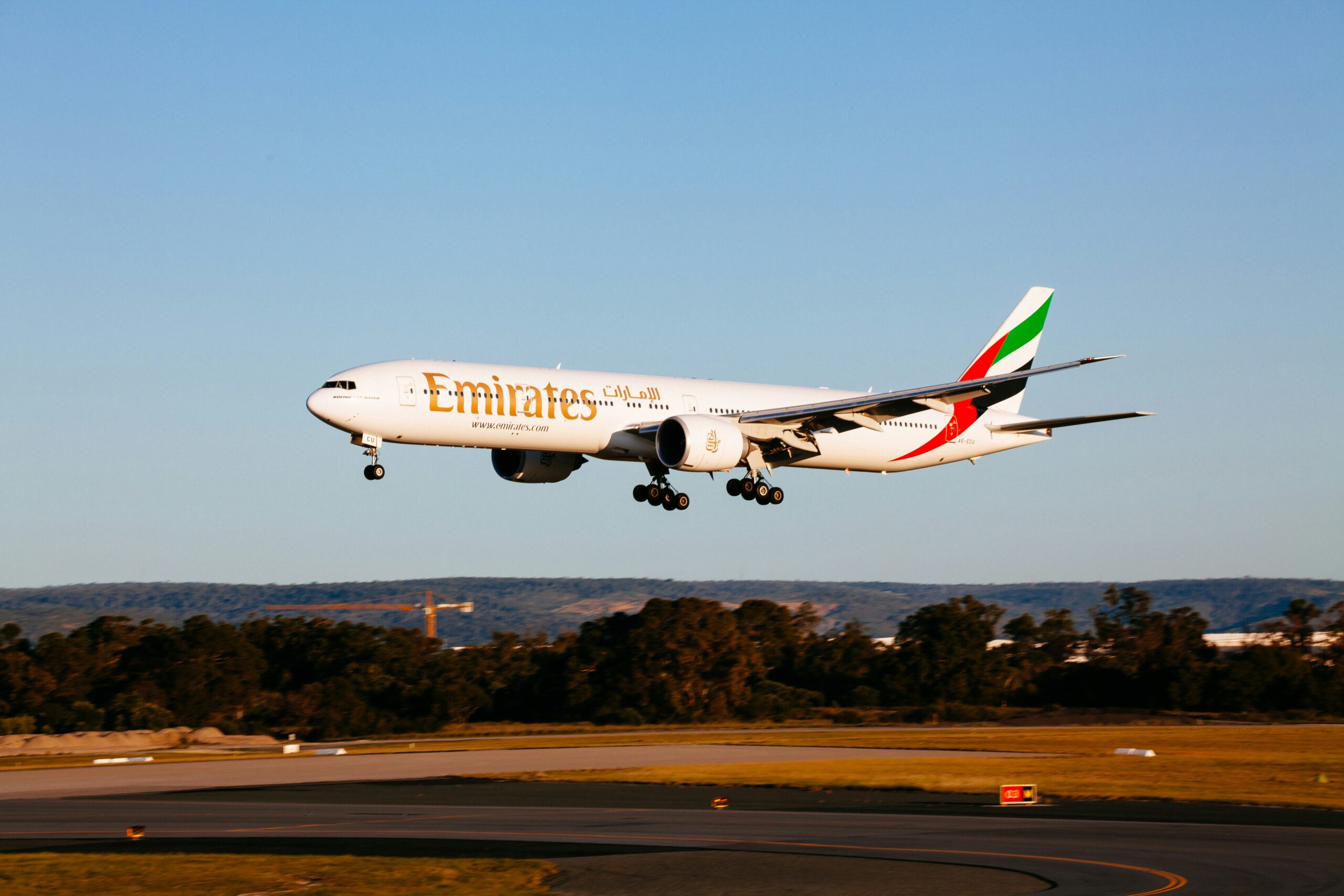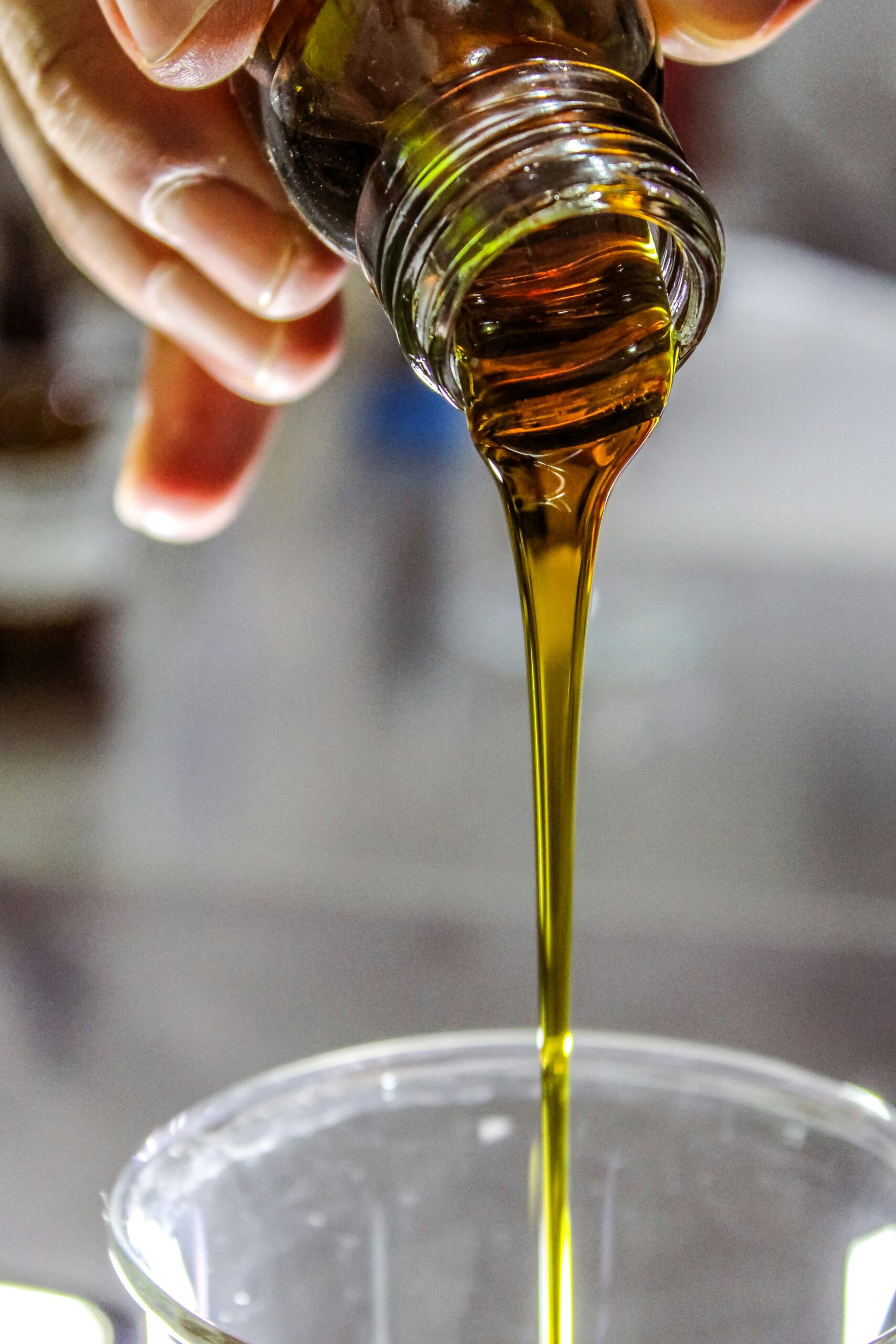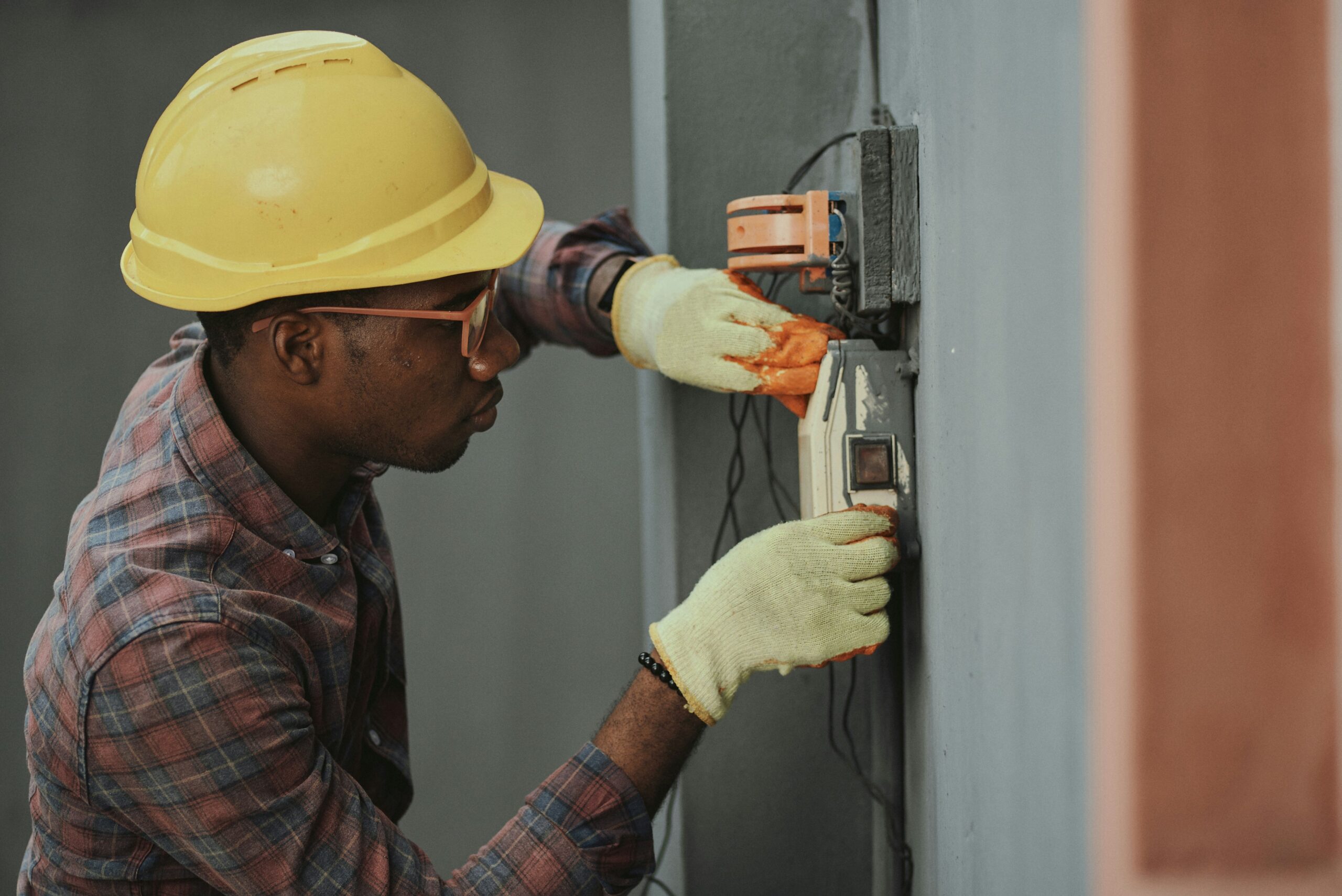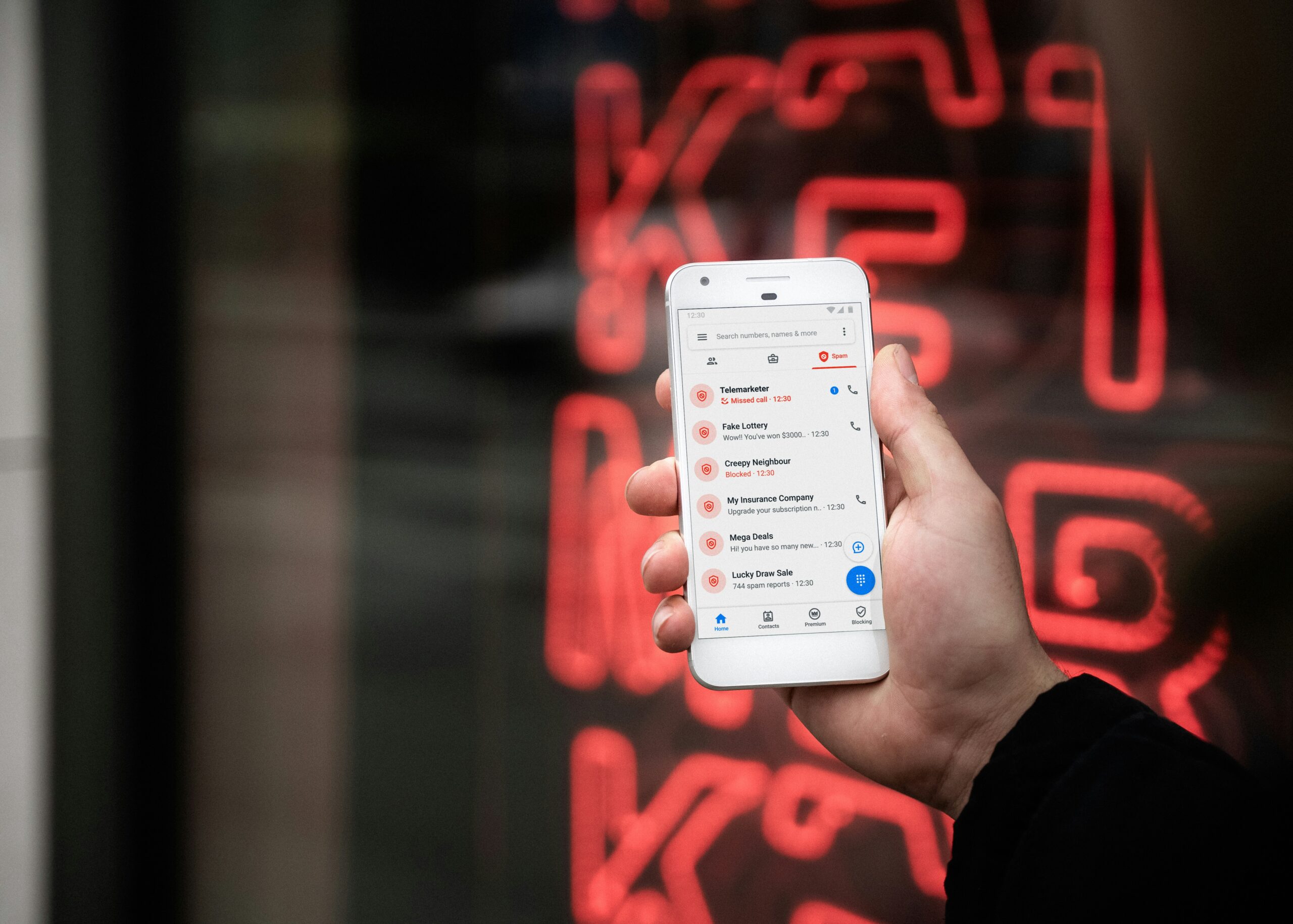Image credit: Unsplash
This past Thursday, a federal judge rejected a plea agreement between Boeing and the US government after the company said it would plead guilty to deceiving the Federal Aviation Administration ahead of two fatal 737 Max crashes. Boeing has been testing the notion of ‘any publicity is good publicity’ first-hand over the past several years, with numerous incidents indicating that the company has failed to adhere to safety protocols properly. This period of bad press culminated with these very public, costly, and damaging crashes.
The rejection by US District Court Judge Reed O’Connor was based on his problems with the selection process for an independent monitor required in the plea deal to oversee safety and quality improvement at Boeing.
Boeing agreed in July to plead guilty to one conspiracy charge to defraud the United States. Under the plea agreement, it would pay up to $487 million in fines—a fraction of the $24.8 billion families of victims of the two crashes want the company to pay.
The Issues with the Plea Deal
Judge O’Connor had problems with the idea that the Justice Department, not the court, would approve the selection of the monitor and how Boeing had performed under an earlier settlement with the Justice Department in January 2021 over the same charges. That agreement had deferred prosecution until the safety issues were again raised by a door plug blowing off a 737 Max plane flown by Alaska Airlines in January.
“It is fair to say the government’s attempt to ensure compliance has failed,” O’Connor wrote. “At this point, the public interest requires the court to step in. Marginalizing the court in the selection and monitoring of the independent monitor as the plea agreement does undermines public confidence in Boeing’s probation.”
The families argued that the fine amounted to a sweetheart deal for Boeing, letting it off the hook for the two fatal crashes caused by a design flaw in the planes. They argue that Boeing’s previous profits on every plane sold would allow for a much larger fine than the one the Justice Department argues it can justify under the plea agreement.
“Rejection of the plea deal is an important victory of the families in this case and, more broadly, crime victims’ interests in the criminal justice process,” said Paul Cassell, attorney for family members of crash victims, in a statement. “No longer can federal prosecutors and high-powered defense attorneys craft backroom deals and just expect judges to approve them. Victims can object—and judges will respond when they have good reasons for striking a plea.”
“This order should lead to a significant renegotiation of the plea deal to reflect the 346 deaths Boeing criminally caused and put in place proper monitoring of Boeing to ensure that it never again commits a crime like this in the future,” he added.
However, Todd Haugh, a professor of business law and ethics at Indiana University’s Kelley School of Business, said it’s not clear that the crash victims’ families will be happier with any future plea agreement.
A New Deal, for Better or Worse
The Justice Department will negotiate any new plea agreement with the incoming Trump administration and Boeing, not under the Biden administration. This could be potentially far worse than the currency plea agreement, given that it was the Trump administration’s Justice Department that originally reached a settlement with Boeing weeks before leaving office that deferred prosecution. That initial settlement allowed Boeing to pay a smaller fine and could have potentially played a significant role in the series of events that led to the negligence that caused these crashes in the first place. Furthermore, the Trump-overseen plea let the company eventually avoid a guilty plea or conviction on its record,
This could be a “be careful what you wish for” situation for the families, Haugh cautioned.
Boeing did not immediately respond to a request for comment. Under the July plea agreement, Boeing also agreed to spend $455 million on its compliance and safety programs over the next three years, which the government said would represent a 75% increase over what the company was spending annually on those programs.












